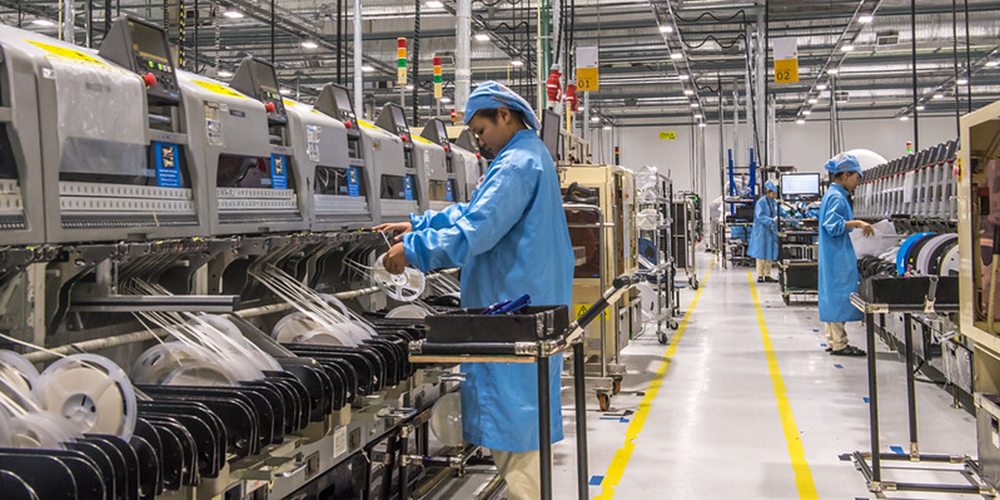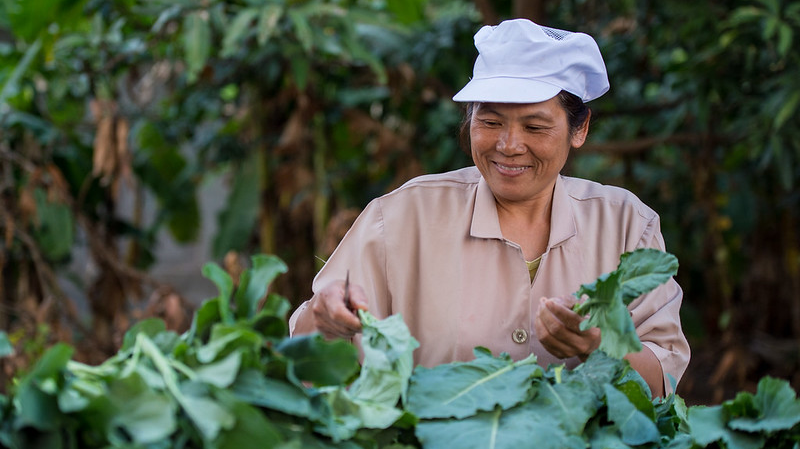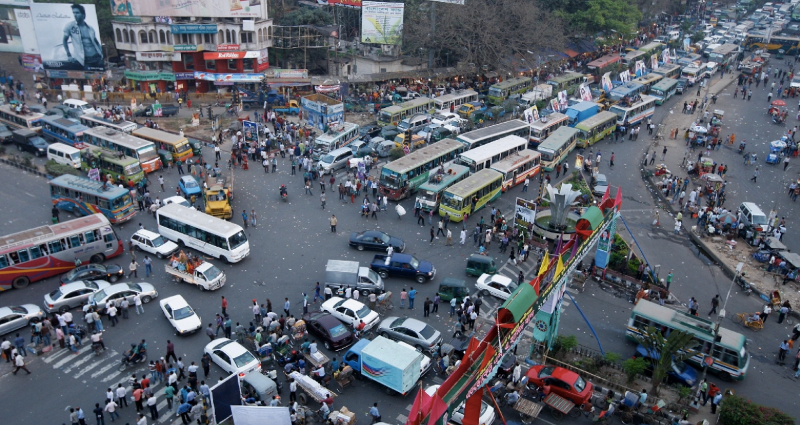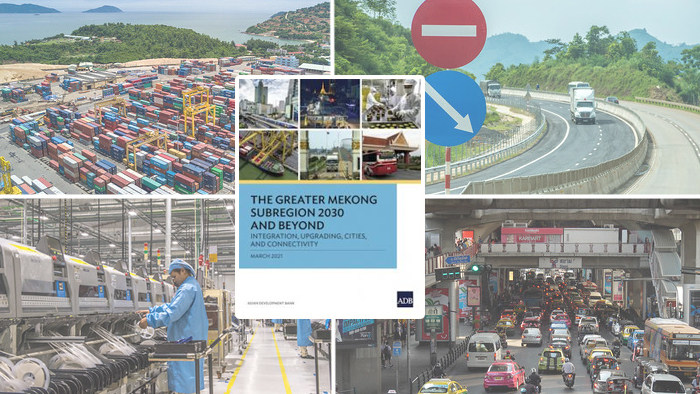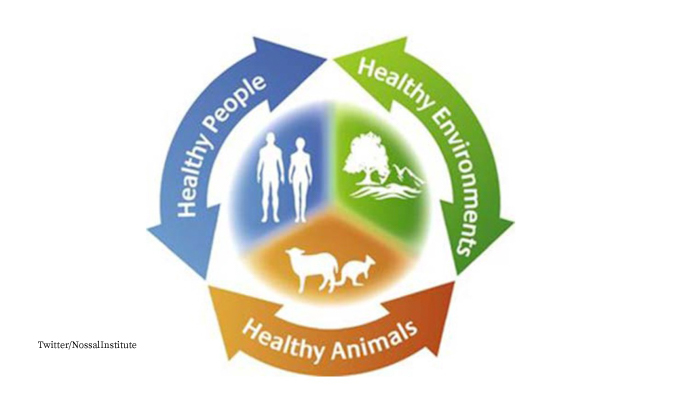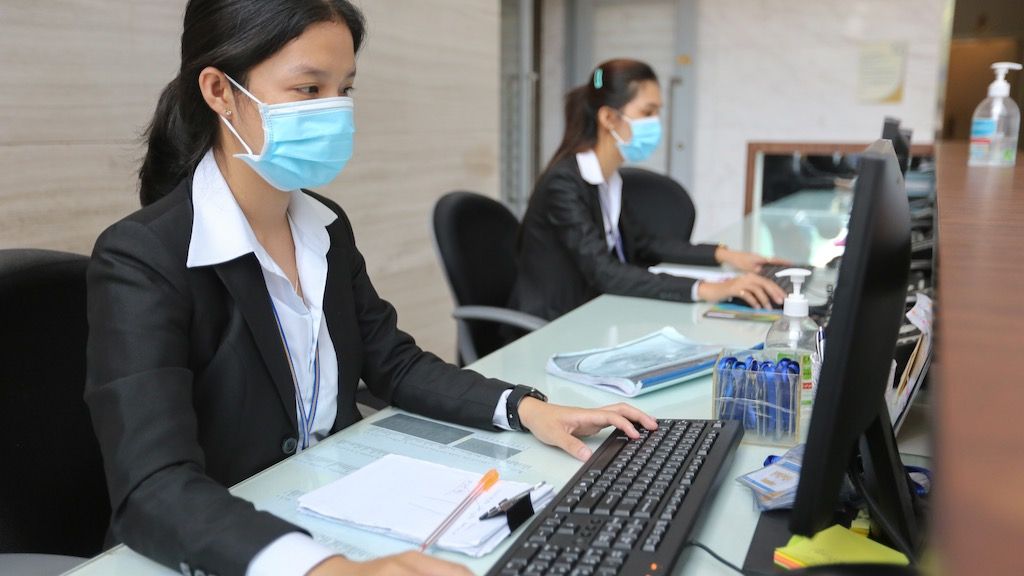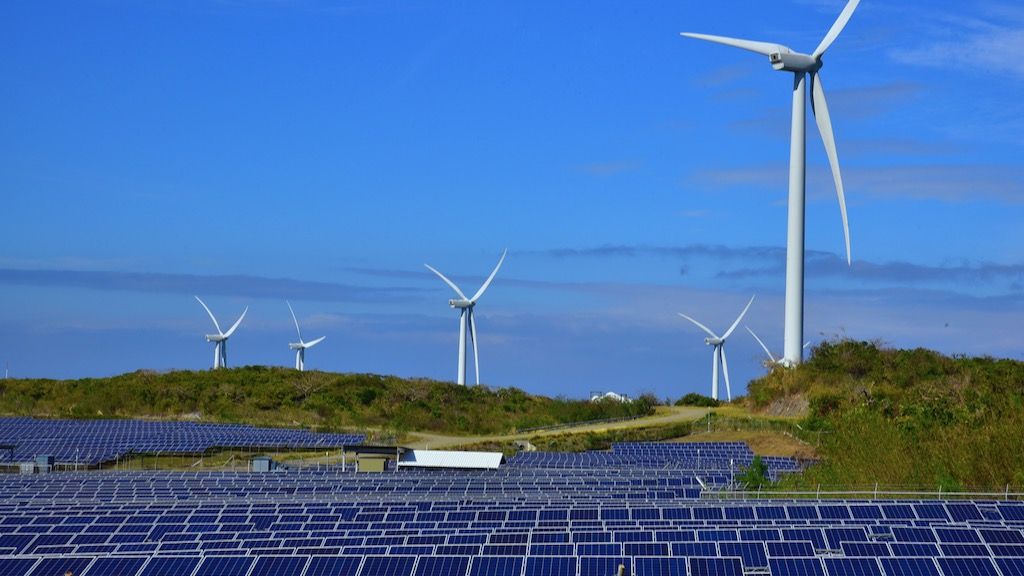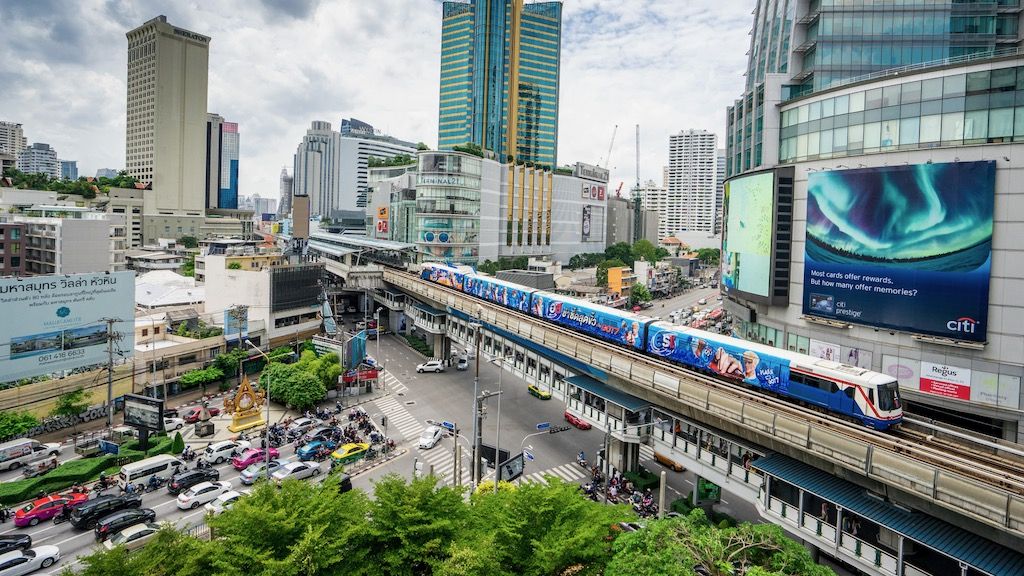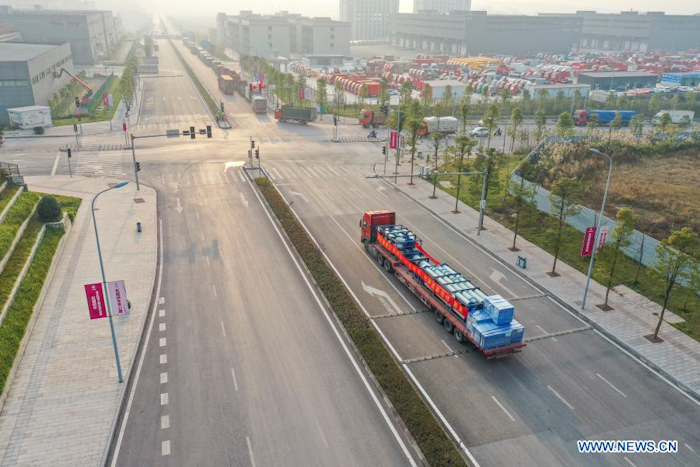
Aerial photo of the Nanpeng Highway Bonded Logistics Center in southwest China's Chongqing Municipality via Xinhua
Significant Growth for Cross-border Highway Freight Service in Chongqing, PRC
Cross-border highway freight service in Chongqing, People's Republic of China, grew significantly in the first half of 2021. Data from Chongqing Highway Logistics Base showed that 1,666 trucks transported goods worth about 997 million yuan ($154 million), up 70% and 107% year on year, respectively, from January to June. Chongqing launched its cross-border highway freight service in 2016. This year, it started new highway cross-border freight routes linking the inland city with Vientiane, Lao PDR. The service presently operates nine routes linked to ASEAN countries and Central Asia.

